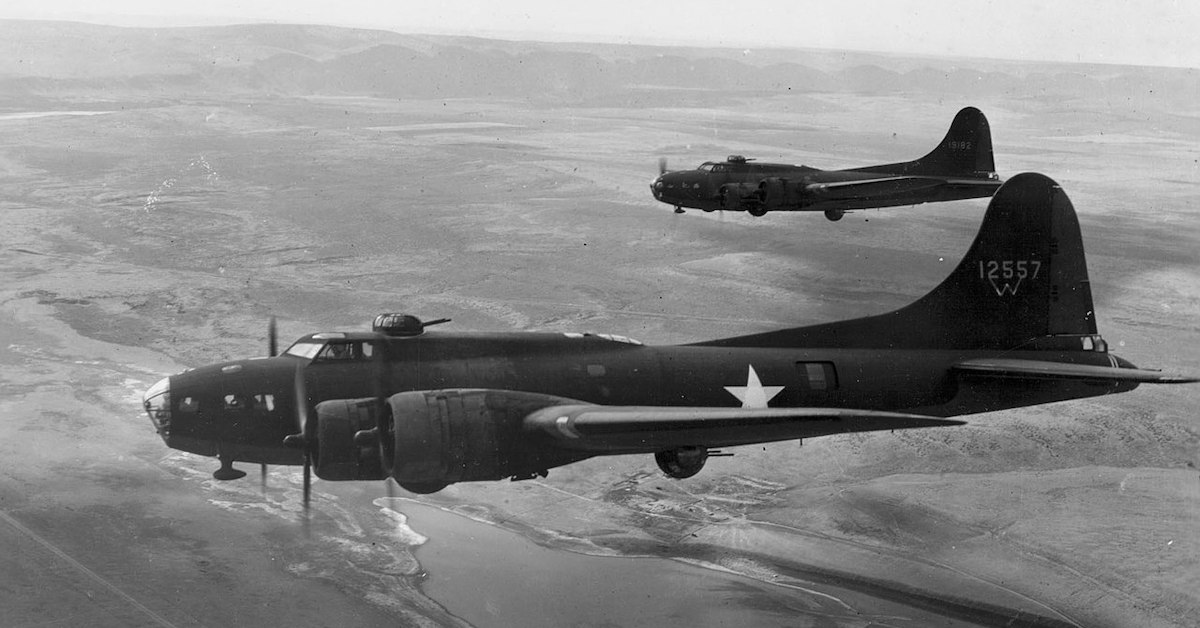The Boeing B-17 series of planes are considered some of the best military aircraft developed during WWII. It was nicknamed the “Flying Fortress” by a Seattle Times reporter, a moniker that came to define the aircraft. Over the course of the war, it underwent several revisions, and a B-17E model is currently on the market for $9 million.
B-17 history
Boeing first debuted an early model of what would become the B-17 on July 28, 1935. It was known as the Model 299, later named the B-17 from the U.S. Army Air Corps. The aircraft was a low-wing monoplane that combined features of the Model 246 transport and the XB-15 giant bomber.
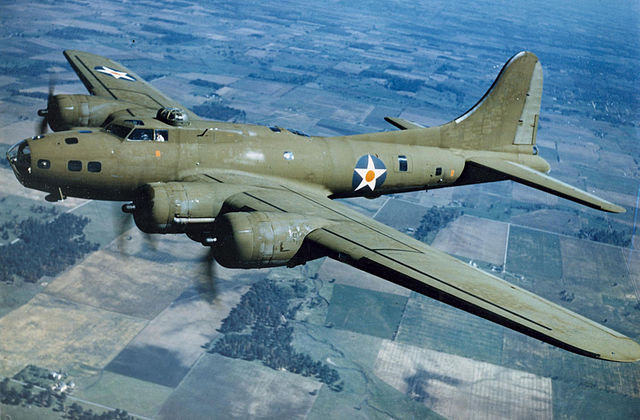
The aircraft first saw combat in 1941, after it was commissioned by the British Royal Air Force (R.A.F.) for high-altitude missions. It was soon realized that additional armament was needed, leading to the development of various models as the war raged on.
The B-17E was the first mass-produced model of the Flying Fortress. It was several tons heavier than its prototypes, with nine machine guns and a 4,000-pound bomb load. It was also the first Boeing aircraft to feature the distinctively large tail and dorsal fin, allowing for improved stability and control during high-altitude attacks.
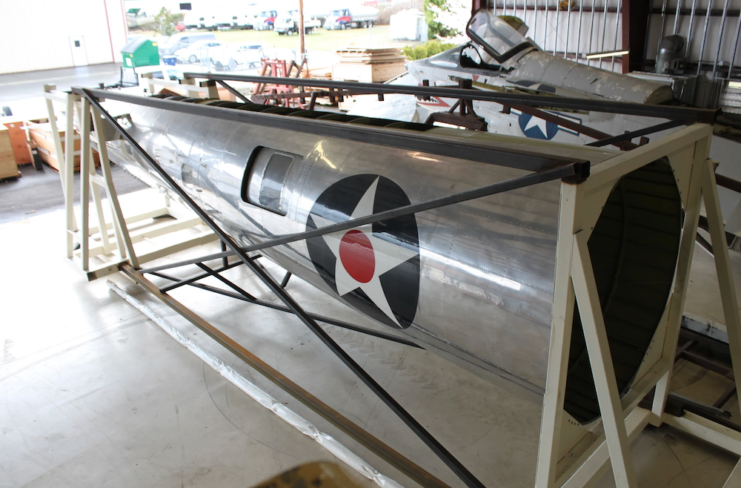
Over the course of the war, the B-17 became known for its ability to remain in flight, despite severe damage. The planes were nicknamed “four-engine fighters” by the Japanese Imperial Army due to the deadly nature of their attacks.
B-17E N12355 up for sale
Recently, a rare B-17E has come on the market. It’s one of the few built by Boeing to have survived, as the majority of remaining B-17s were built under license by the Douglas Aircraft Company and the Lockheed Corporation.
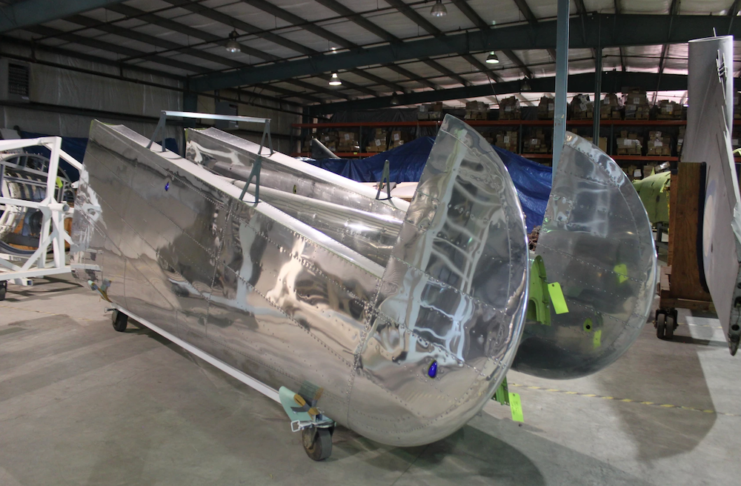
The aircraft requires some work to restore it to its former glory. Idaho company Vintage Airframes has been charged with its restoration, which is about 80 percent complete. Its front fuselage, including the cockpit and nose, still need to be rebuilt.
The seller, Platinum Fighter Sales, states “it will be the finest B-17 restoration in the world” if the remaining work is completed to current standards, and that “the project is substantially complete with the correct engines and propellers.”
The aircraft’s history
This model of the B-17 didn’t see combat during WWII, unlike others that were produced. Instead, it was used to test products developed by Honeywell International Inc. This includes the electronic C-1, an electronic-mechanical system developed to automatically fly a plane straight and at level flight, and tests that combined the system with the Norden bombsight.
Over the course of its work, it logged 1,800 flight hours. By September 1943, it was listed as an RB-17E. The “R” distinction signified that an aircraft was no longer available for combat duty, and it was given to all B-17Es in late 1943.
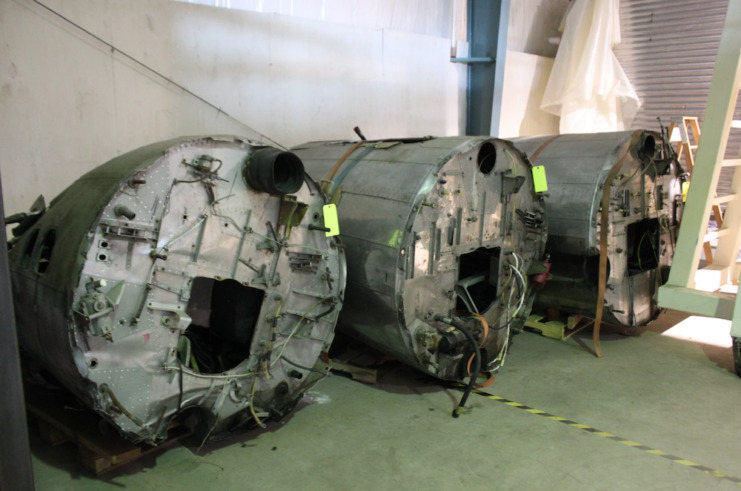
The plane was eventually donated to the University of Minnesota in July 1945, where it was used for instructional purposes. The agreement stated it was not to be flown. It was later sold in exchange for a flyable Cessna 170-B in 1952. This would be the first of a host of different owners over the coming decades.
In the early 1960s, an arrangement was made with the Boliviana De Aviación (B.OA.) to convert the B-17E into a cargo plane. It had the ability to carry freight and up to five passengers, and it was later sold to an individual who specialized in flying meat to northern areas of the country.
During this time, the aircraft was involved in a crash, which resulted in damage to the “ship” and motors. After this, records grow scarce, but it’s believed the plane was used to scavenge parts.
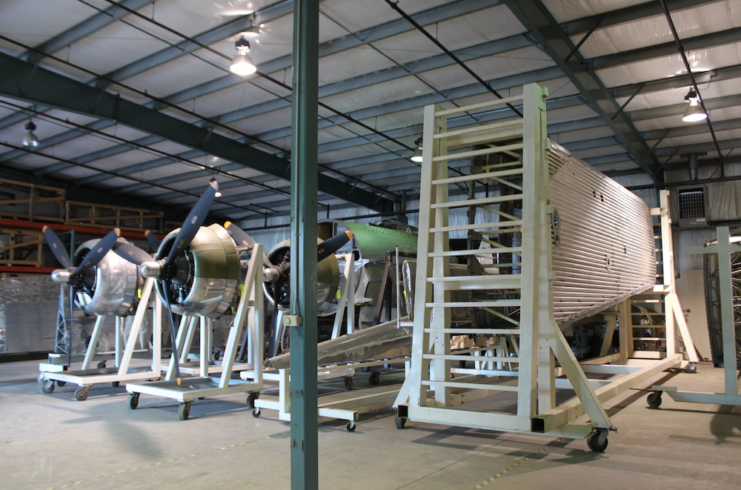
More from us: Famed Codebreaker Alan Turing’s Copper Folly Home Up For Sale
The B-17E was eventually shipped back to America, where its damage was repaired and it was returned to flying condition. After being sold once again, it eventually reached its current home of Seattle, Washington, in 1998. It was then registered with a new number, N12355.
